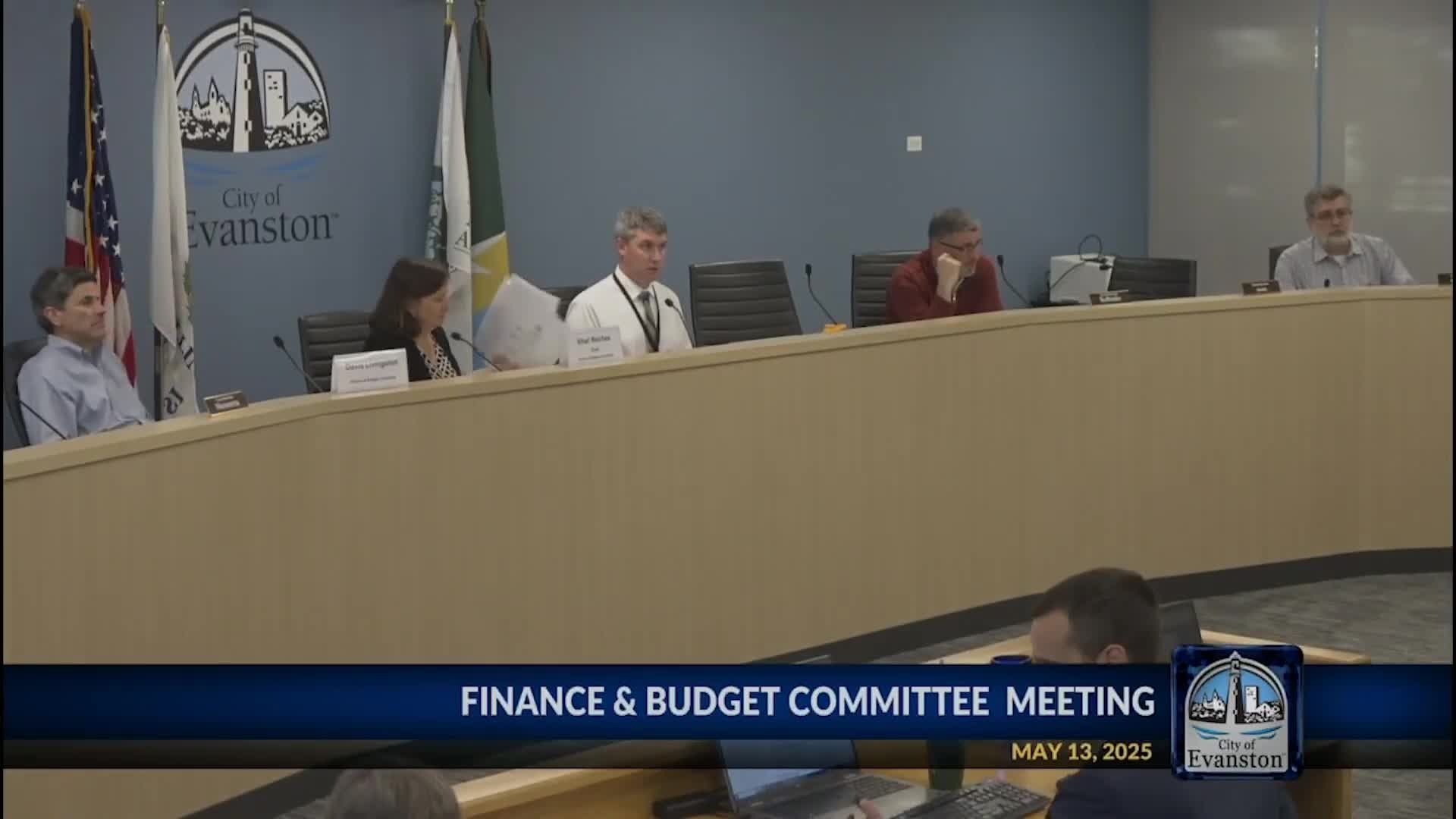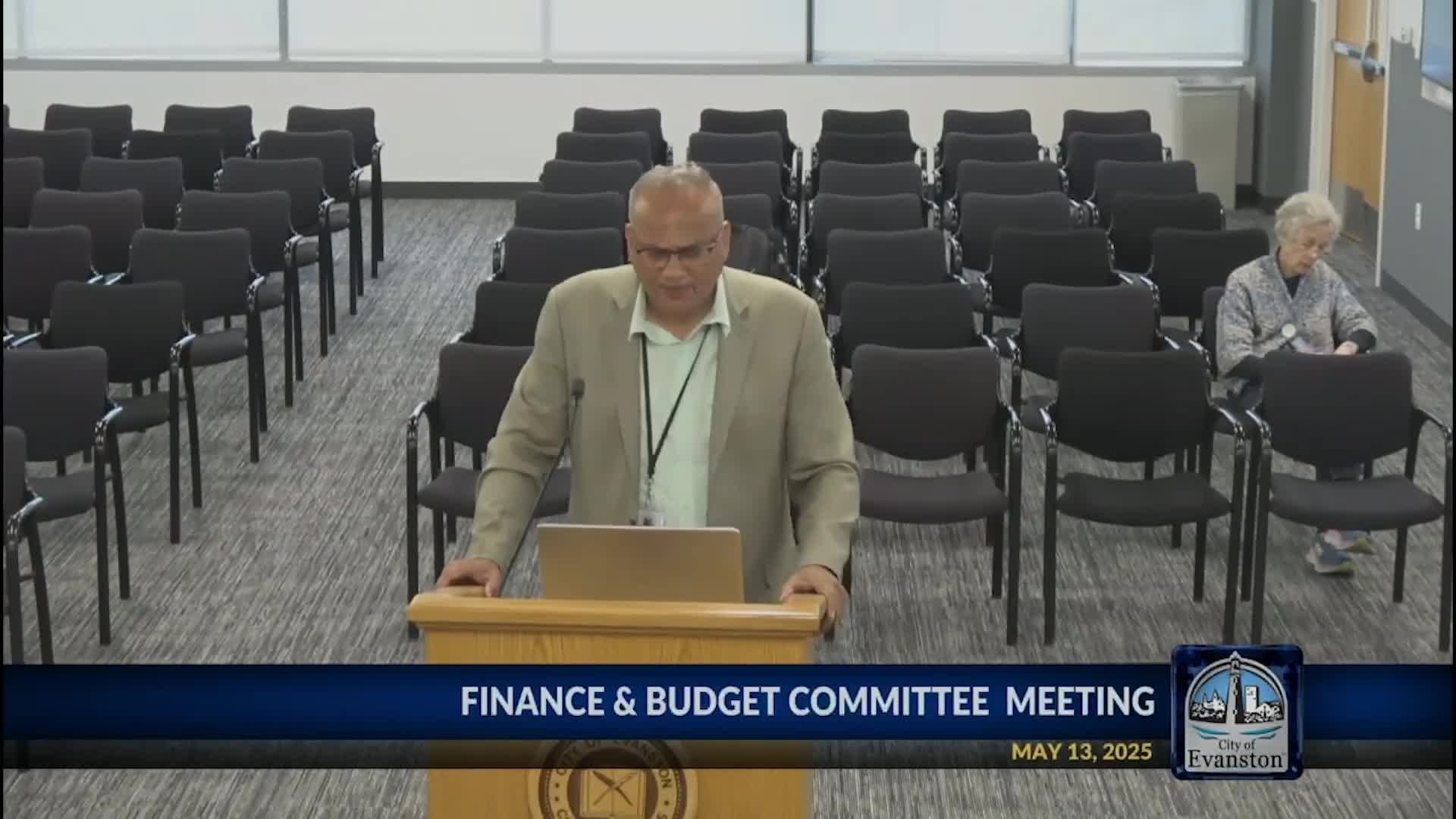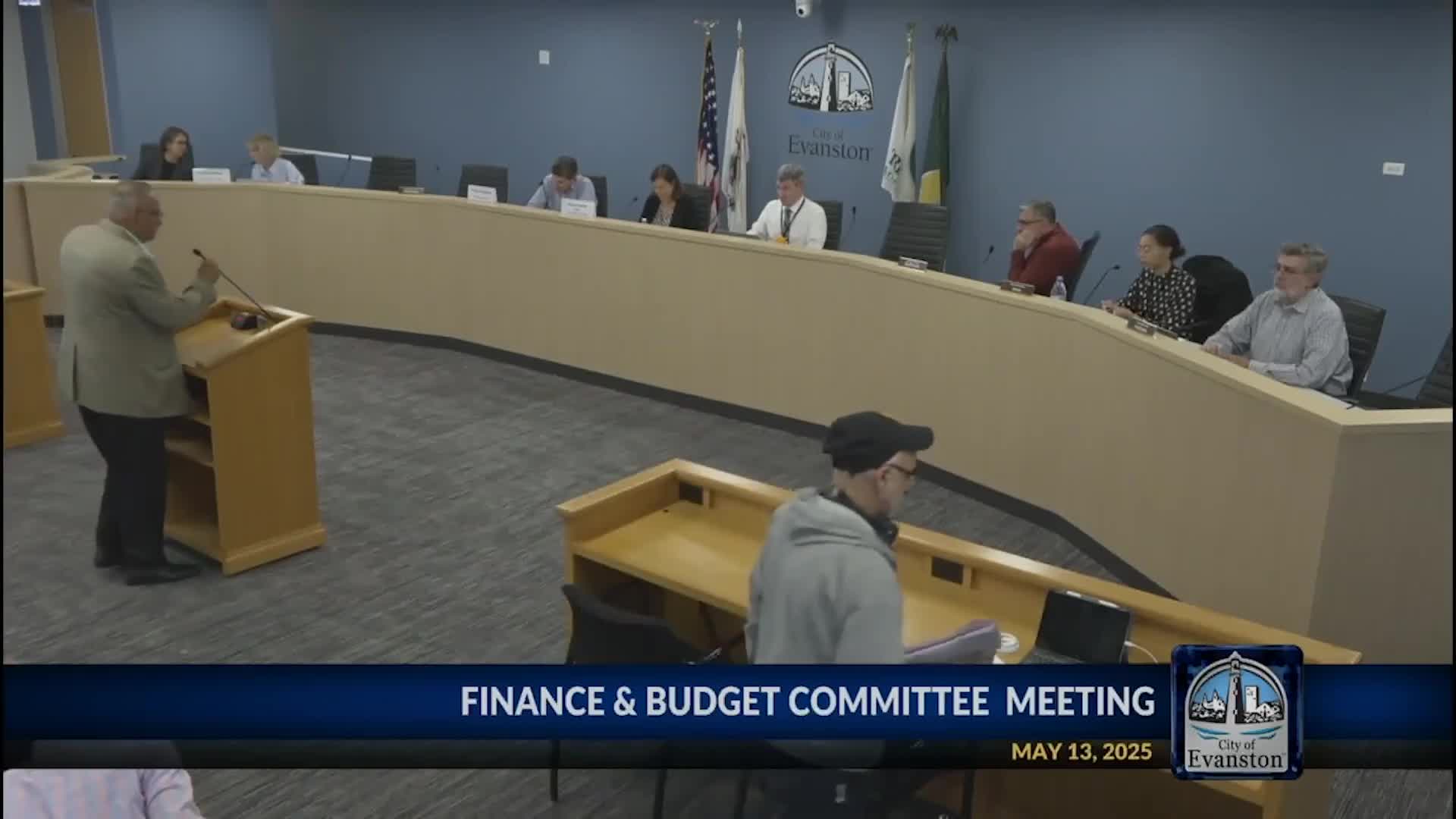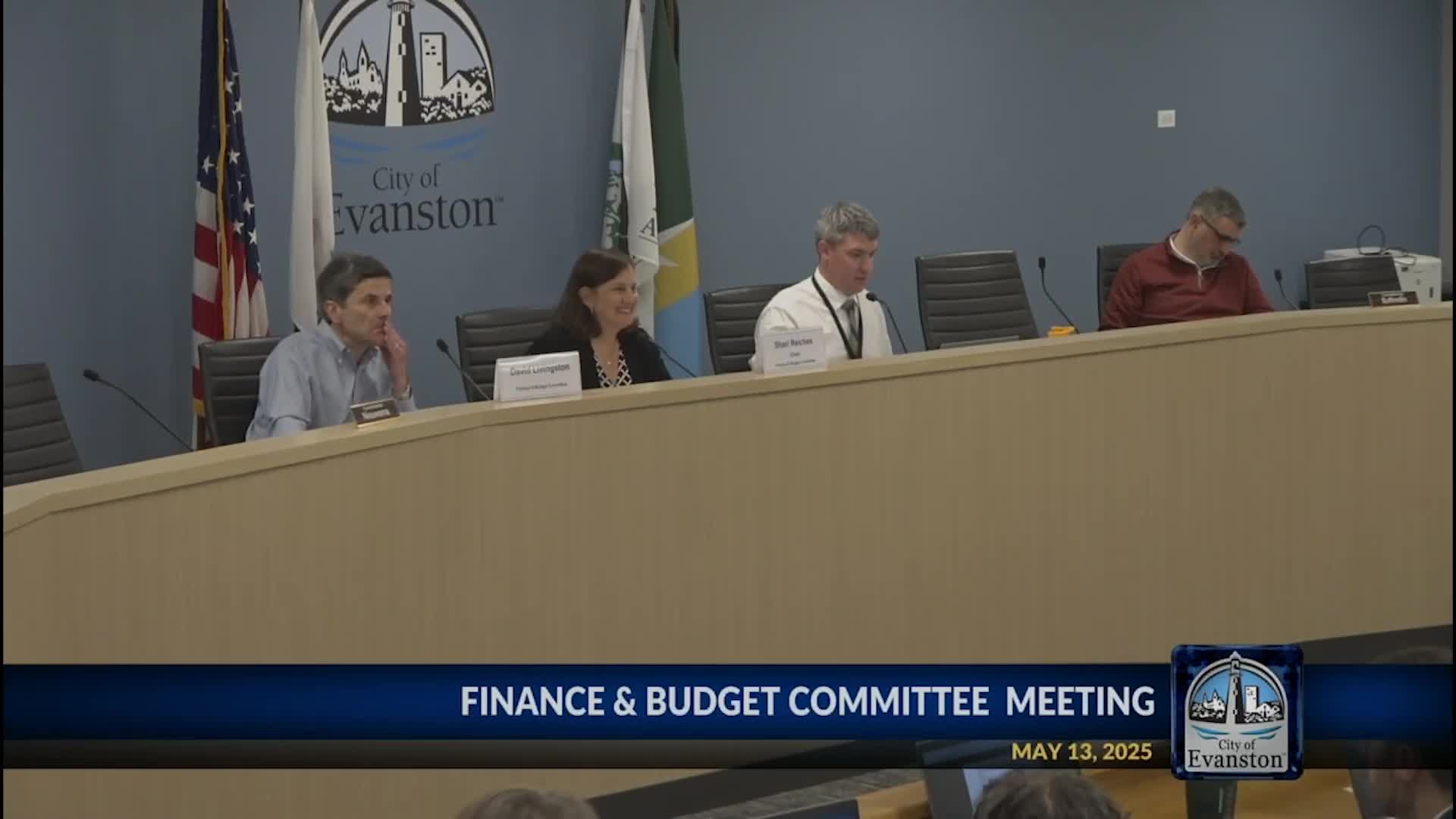Article not found
This article is no longer available. But don't worry—we've gathered other articles that discuss the same topic.

Committee hears preliminary briefing on grocery tax replacement options after state change; staff to return with analysis

Finance committee recommends one-year extension with Sikich, plans RFP for next year

Finance committee tables $20 million bond proposal; flags negative CIP cash and approves budget amendment recommendation

